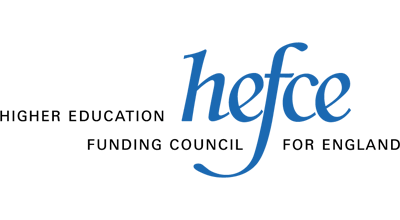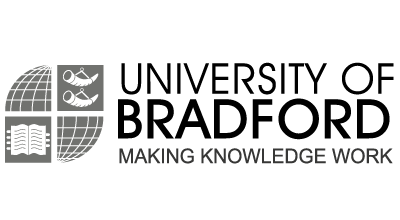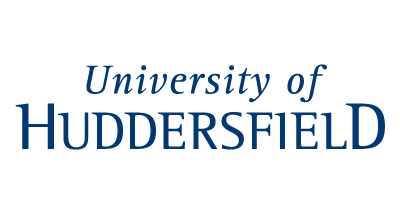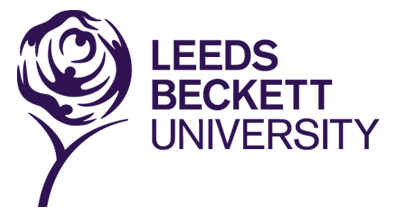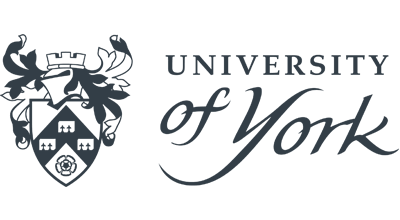Date published: 23/11/16
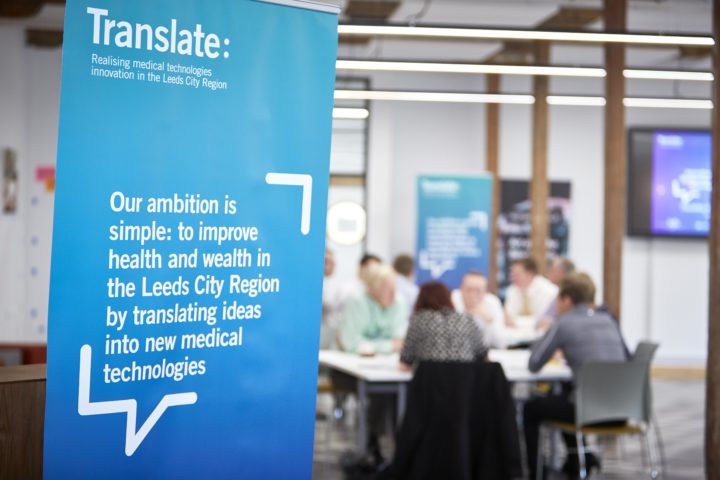
For Translate to achieve its aim of helping Leeds city region universities turn their most promising medical technology research into products that will benefit patients, the programme needs to draw in other partners necessary to the process: industry and clinicians.
MediLink – with its extensive network of healthcare organisations and companies – is the perfect partner to help the programme achieve this. Established 25 years ago, MediLink is a not-for-profit, membership organisation that supports healthcare companies to get their products to market, providing a range of services and training on innovation, PR and communications, product development and market evaluation.
Translate Technology Innovation Manager, Dr Sean Clarkson, approached MediLink for help in inviting companies and clinicians to collaborate with regional academics in an innovation workshop focused on Wound Characterisation and Treatment.
“We wanted to ensure a broad but focussed range of skills and expertise at the workshop and MediLink helped us achieve this, bringing in regional and national companies,” he says. “This meant we had a really wide representation from the sector, from bandage manufacturers to software developers, which enabled really animated discussions to take place and generated some excellent new ideas and potential projects.”
With over 1500 members across the UK, and 180 in the region, MediLink had a strong base from which to draw interested parties to the workshop. Medilink also actively engaged with companies outside of their network, inviting companies who don’t currently work in the medical technologies sector but had specific technology offerings that were of relevance.
“Our membership includes many healthcare and NHS organisations as well as companies, from one-person start-ups to big global names,” said Innovation and Commercialisation Manager at MediLink Yorkshire and Humber, Dr Patrick Trotter. “This gives us direct access to senior management, so we can get on the phone, often to the Chief Executive, and talk through an opportunity like this. Our knowledge of the sector also meant we could identify who best to invite to match the academic expertise, avoiding companies who’d recently launched a product in this field, but targeting others with a technology that could be adapted for a wound care application.”
The success of the Wound Care workshop means that Translate and MediLink plan to work together in the future on workshops that will address other unmet clinical needs.
“One of our aims is to connect with and draw on existing knowledge, skills and expertise, regionally and nationally,” said Dr Clarkson. “Working with MediLink is a perfect example of how we can achieve this and the advantages it can bring. It’s something which we plan to continue as the programme moves forward.”
“It’s increasingly important for academics, business and clinicians to work together to ensure competitor advantage,” added Dr Trotter. “We consider partnership working to be essential and value our role in the Translate programme, which leverages our expertise and relationships. If fits well with our core remit – to stimulate and fast track new health technology opportunities.”
Wound Care and Infection Control

